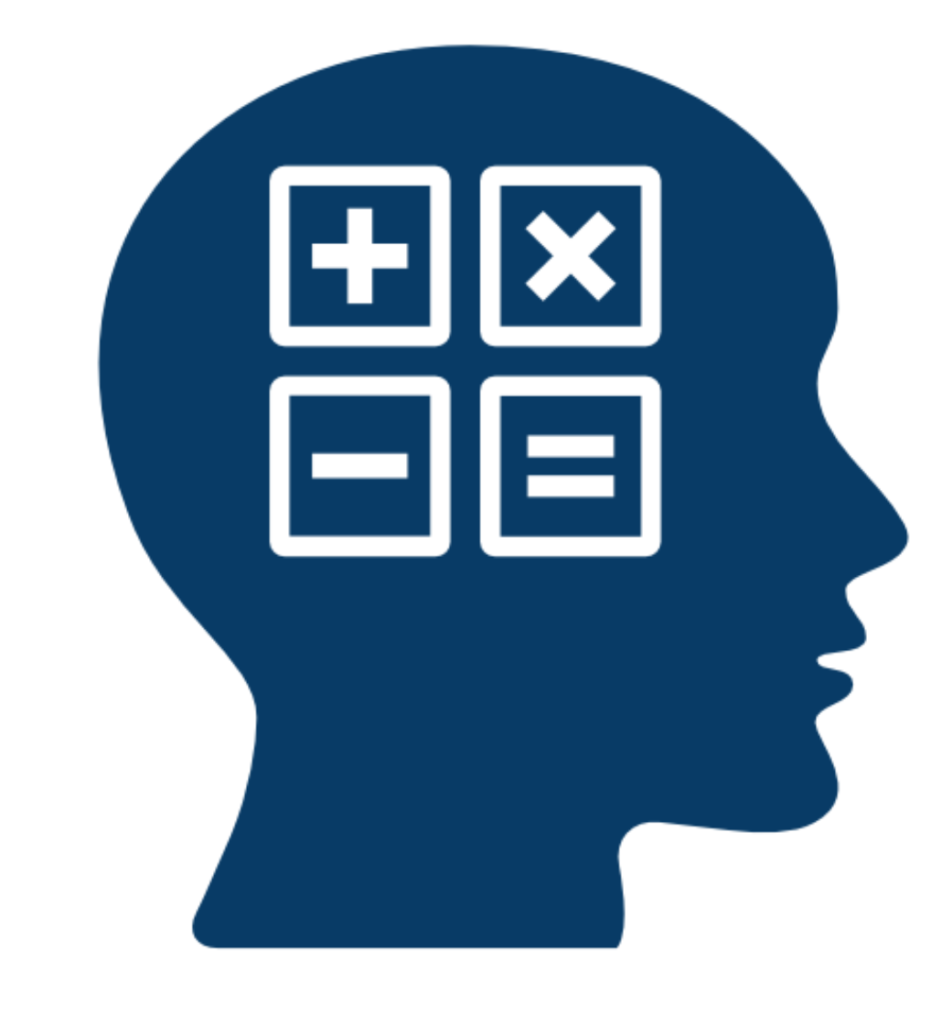All too often – whether it be at parents’ evenings or in the run up to exams – students hear the phrase “you really should be revising more”. Easy to say, but as a student, what exactly are they expecting you to do? Well by the end of reading this, you will know precisely what needs to be done to revise effectively for your GCSE maths and hopefully can apply this to your other GCSE subjects too.
When To Start GCSE Maths Revision
Revising for your GCSE maths should happen in two main phases:
- While Learning New Material
Right from the outset, as part of your routine learning of new topics, you can make your life easier in the long-run by following the “revise-as-you-learn” method.
- Finishing off a worksheet or textbook exercise that you started in class is an import a very important part of your GCSE maths revision and doing this will certainly help you better retain the material you have just learnt.
- The best way to prepare yourself for GCSE maths exam questions is by – wait for it – doing GCSE Maths exam questions!?!?! Yes you read it correctly. But the key is when to practise exam questions. Ideally, you should be looking at GCSE Maths questions on a topic-by-topic basis as soon as you finish learning a particular topic in class. There are a wealth of such questions that you can find here on this very site.
If you follow the above steps, you will make the second phase of revision so much easier for yourself. However, if you are now reading this and it is closer to your GCSE Maths exams, obviously you can no longer follow the above advice – but don’t worry! You still have EVERYTHING to play for. You can still smash your GCSE Maths exams by working hard at the second phase of GCSE Maths revision.
- Consolidating What You Have Learnt Over The Course Using Exam Papers
During the GCSE Maths course, you will have covered an extraordinary amount of material across a broad ranges of topics. To be able to recall knowledge from such a broad range of topics is a big challenge, but one that can be overcome with work. Exam papers are the key, but only if approached correctly. How to use exam papers properly is a skill and one we will cover in the next section.
Using GCSE Maths Exam Papers Effectively
By the time you get close to the GCSE Maths exam, tackling full exam papers as part of your revision is the key to doing well, but it is something that can be a little demoralising at first and, as a result, really difficult to get into a rhythm. In order to make it easier, it is advisable to ease yourself into this phase of your GCSE Maths revision by removing some of the pressure and tackling the papers a little differently than the usual advice would suggest:
- Initially, don’t worry about doing the papers in timed or exam conditions. They are initially only there to help you identify the areas in which you need more work.
- Don’t keep track of marks or grades for your first few attempts at GCSE Maths papers. Now is not necessarily the time to be worrying about that.
The way I would advise tackling the GCSE Maths papers in the first instance is to:
- Start a paper and have a mark scheme ready to check each answer to each question as you go i.e. do not attempt full papers at this stage. As soon as you get to a question you cannot do, this is where you should stop. You have found a topic that you need to work on.
- Once you have found a topic you need to work on, stop the paper and work on that topic. You will find your textbook, YouTube and the exam question by topic which we have created very helpful. The aim is to do as many of the type of question that caught you out as you possibly can to build a solid understanding.
- Repeat the above.
Doing things this way, it may take a long time to complete an exam paper, but that is absolutely fine. This way you will be able to get better at the exam papers over time rather than simply (and rather demoralisingly) making endless lists of topics which can seem an insurmountable task. You will naturally start to be able to get through more of the papers without having to stop over time. Once you are able to get about 75% of the paper without having to stop, that is the time you are ready to treat papers as mock exams, to be done in timed conditions.
Tackling Full GCSE Maths Papers In Exam Conditions
When the time comes, the best way to do this is to treat it like it is a real GCSE paper. You should:
- Put your phone and any other devices out of reach.
- Find a quiet environment with no distractions.
- Do a paper in its entirety as you would on the day.
- Once you have finished the paper, take a short break and (with the mark scheme) check your answers.
- Take note of any topics that need work and work on those topics using a mixture of your textbook, YouTube or other tutorial videos, exam questions by topic. It is important you do this before attempting another paper.
Conclusion
Revision is something that many students are just expected to know how to do, but as a student, how are you meant to know this? Hopefully, if you follow the above guide on how to revise GCSE Maths, you will be able to give yourself the best chance of getting the grades you deserve!
